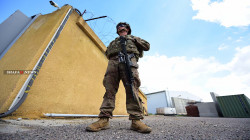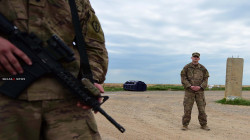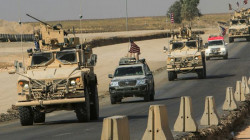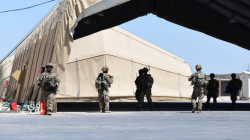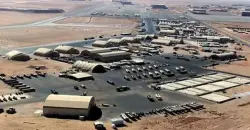Global Coalition forces conduct live-fire drills at Iraq's Ain Al-Asad airbase
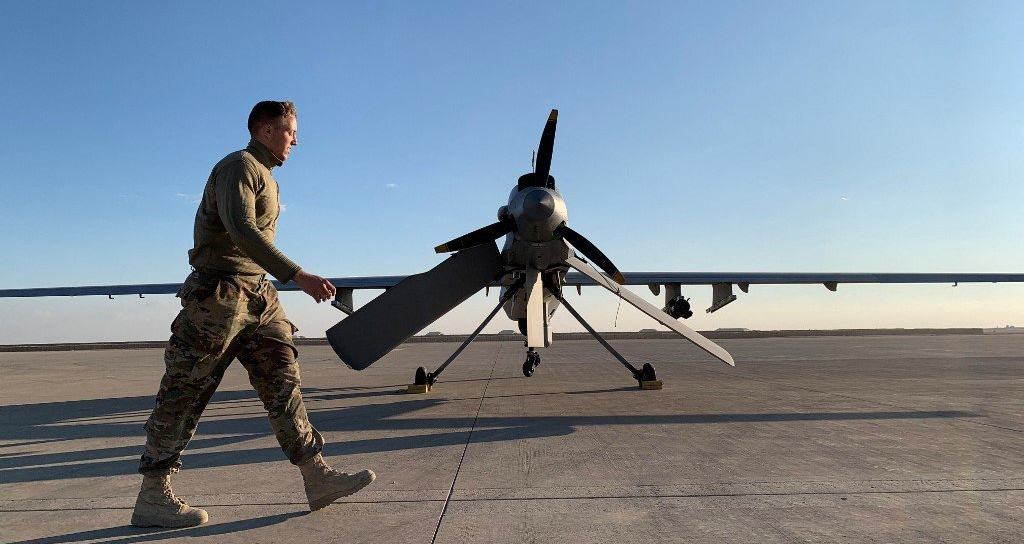
Shafaq News/ An Iraqi security source reported, on Friday, that Global Coalition forces conducted live-fire training exercises at Ain Al-Asad Airbase in western Iraq.
The source informed Shafaq News Agency that the exercises “included live ammunition and a test of the defensive C-RAM system, which caused the sound of explosions to be heard in the area.”
Rumors were circulating on social media platforms suggesting that Ain Al-Asad Airbase had come under rocket attack, but it was later clarified that the explosions were a result of Coalition forces' tactical training operations.
The US currently has 2,500 troops in Iraq and 900 in neighboring Syria, part of a Coalition formed in 2014 to combat ISIS. While ISIS has been territorially defeated in Iraq since 2017, US forces remain to support operations against the group.
Reuters reported that the US and Iraq have reached a preliminary agreement on the withdrawal of US-led Global Coalition forces from Iraq, quoting sources familiar with ongoing negotiations.
Sources said that the plan, which has been broadly agreed but awaits final approval and a formal announcement, would see several hundred troops depart by September 2025, with the remaining forces set to leave by the end of 2026.
Discussions are also underway to establish a new advisory role that could see a smaller number of US troops remain in Iraq following the drawdown, sources added.
The agreement follows months of rising tensions, including attacks by Iran-backed Iraqi factions on US forces, which have killed three American troops and injured dozens more. US forces have retaliated with airstrikes, complicating efforts to stabilize Iraq after years of conflict.
Some US and Coalition forces are expected to remain in Erbil until the end of 2026 to support ongoing operations in Syria.
Prime Minister Al-Sudani has emphasized that US troops, while helpful, have become a target for instability, with attacks on their bases prompting uncoordinated retaliatory strikes. For the US, the two-year timeline allows flexibility for adjustments should the regional security situation evolve, a US official said.
